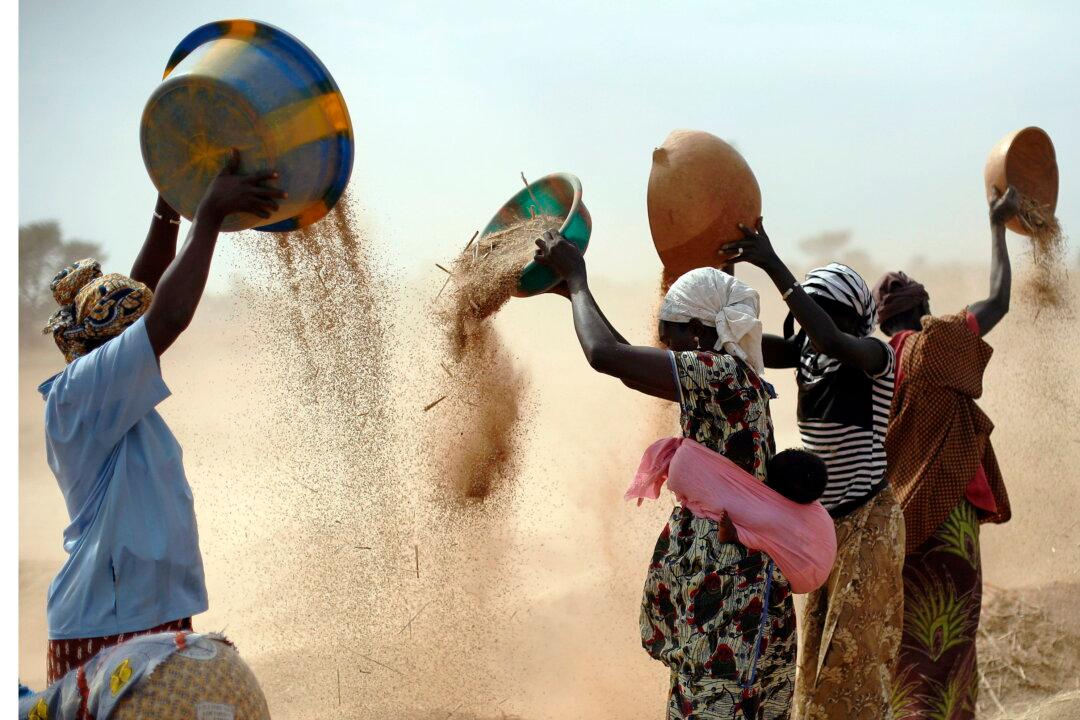The U.N. agencies Food and Agriculture Organization (FAO) and World Food Programme (WFP) have warned of multiple looming food crises prompted by Russia’s invasion of Ukraine, climate shocks, and the lingering impacts of the COVID-19 pandemic.
In a June 7 report (pdf) titled “Hunger Hotspots: FAO–WFP Early Warnings on Acute Food Insecurity,” the organizations say that “acute food insecurity is likely to deteriorate further” in 20 nations this year between the months of June and September, and they are calling for “urgent humanitarian action.”




